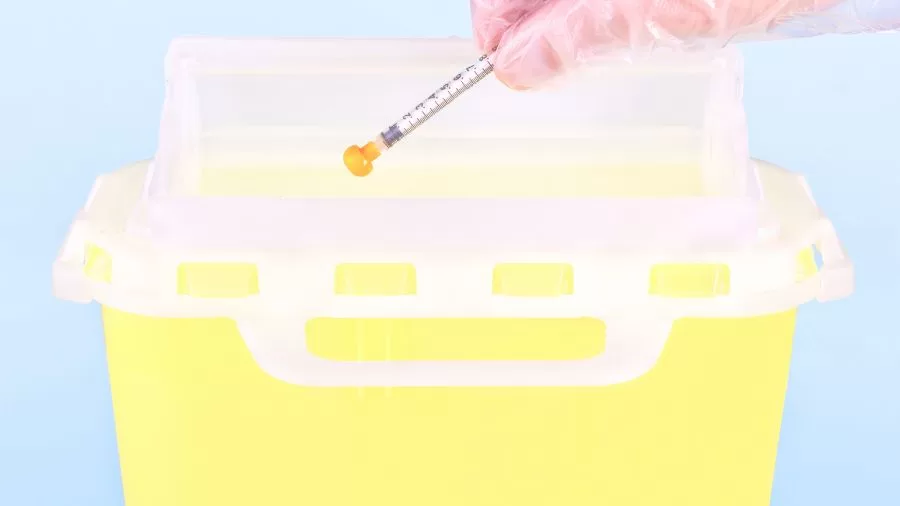Health
What Business Must Know about Medical Waste Compliance

Having experienced a global pandemic, everyone should be more aware now of the precautions we need to take in order to prevent the spread of diseases. On a personal level, we should be aware of frequently washing our hands, covering our mouth and nose when we sneeze, or wearing a mask. For businesses, aside from regularly sanitizing surfaces, especially high touchpoint surfaces, proper medical waste disposal is very important.
Here are some reasons why it is important for businesses to properly dispose medical waste:
Proper medical waste disposal helps prevent the spread of infections.
Medical wastes are potential modes of spreading infection. When mixed with other kinds of waste, workers, customers, and even waste handlers can be at risk. By properly disposing of medical waste, the spread of infections could be prevented.
Proper medical waste disposal can help protect the environment
Regular trash may end up dumped in landfills without being treated properly. This can potentially lead to harmful chemicals and substances seeping into the earth and into groundwater. Soil contamination is also possible.
Animals that come in contact with medical waste may also mistake them for food which may cause them to get sick and die. In the worst case, being exposed to contaminants from medical waste may threaten biodiversity.
Businesses must comply with medical waste disposal regulations
There are usually laws on a state level that obligate businesses that produce medical waste to dispose of them properly. Such laws may even prescribe the right way not only to dispose of medical waste, but also how to handle and treat them. It is vital for businesses to know the applicable medical waste disposal law to them so that they do not suffer penalties and other consequences for non-compliance.
Now that we know why it is important for businesses to dispose medical waste, the following are ways on how it is generally done:
Segregation is key for medical waste disposal
One of the most important steps – if not the most important – is segregating wastes according to different categories. There are usually color-coded waste bins or bags for each kind of waste: black for general, non-hazardous waste that are similar to household trash; red for infectious or biohazardous waste; and a red or yellow puncture-proof container for sharps such as needles and syringes. There are some other types of medical waste that most businesses are not exposed to. It is also best to refer to the applicable medical waste disposal law for specifics regarding segregations.
Clearly labelling medical waste containers is important.
In order for segregation to be done correctly, the waste containers must be properly labelled. The color coding may be one step, but customers might not be aware which color is for which kind of waste, so it is better to just place labels on the containers to identify which type of waste goes into which container.
Information such as name and address of the business, and date of collection of the medical waste may even be required.
Medical waste must be contained effectively.
Containers of medical waste must be leak-proof and tear-resistant to prevent contamination and injury especially for waste handlers. Use appropriate waste bags and containers for each type of medical waste.
Storage medical waste properly
Medical waste containers must be stored properly to prevent unnecessary exposure, especially by untrained individuals. While there may be trash bins for use inside the facility, filled containers and containers of hazardous waste must be placed where there would not be any unauthorized access. Proper ventilation and protection from the elements are also necessary.
Follow protocols for treatment and transportation
Businesses may be required to conduct treatment before transporting medical waste. Some forms of treatment may be sterilization and incineration. It is best to know the required medical waste treatment and transportation protocols from the regulation applicable to your business.
Properly disposing medical waste is an important function that businesses must be aware of. Other than fear of penalties, businesses must be aware of the possible risks of not handling their medical waste in the prescribed manner. In order to best equip your business with the proper medical waste disposal capabilities, working with professionals can be a great first step.



















































